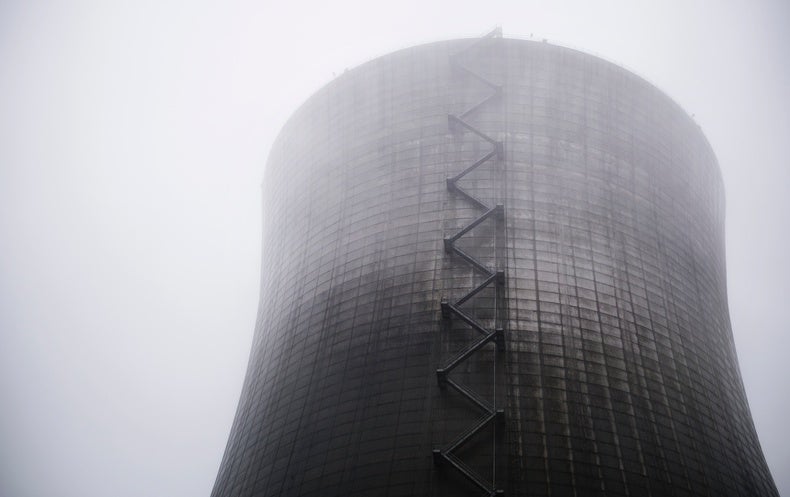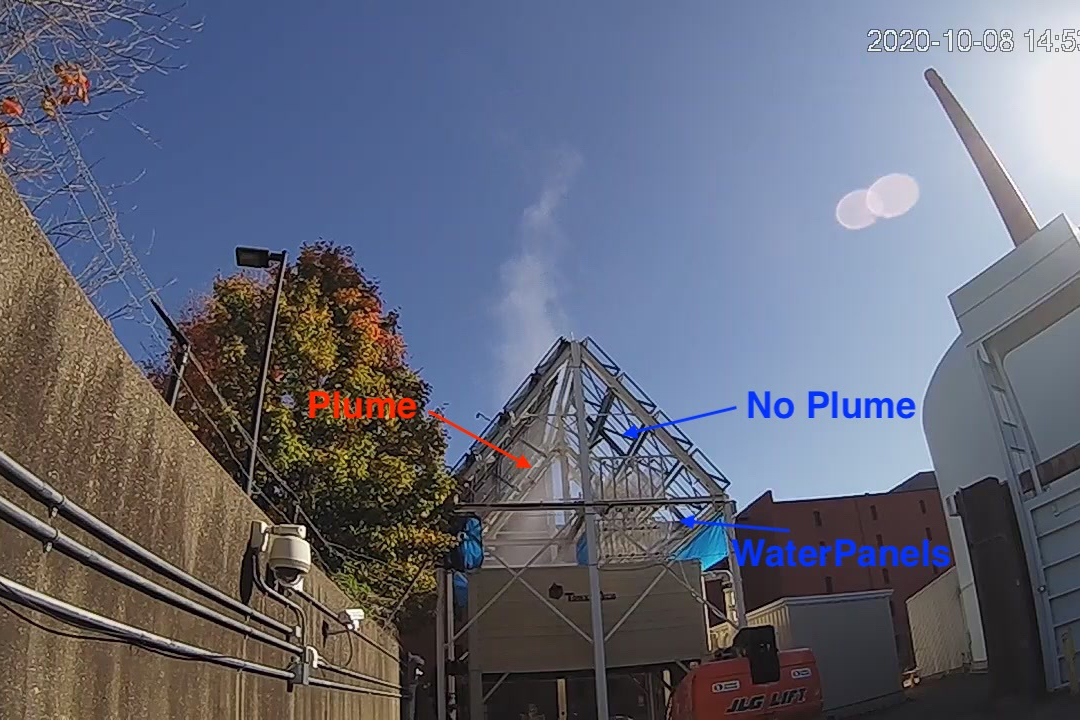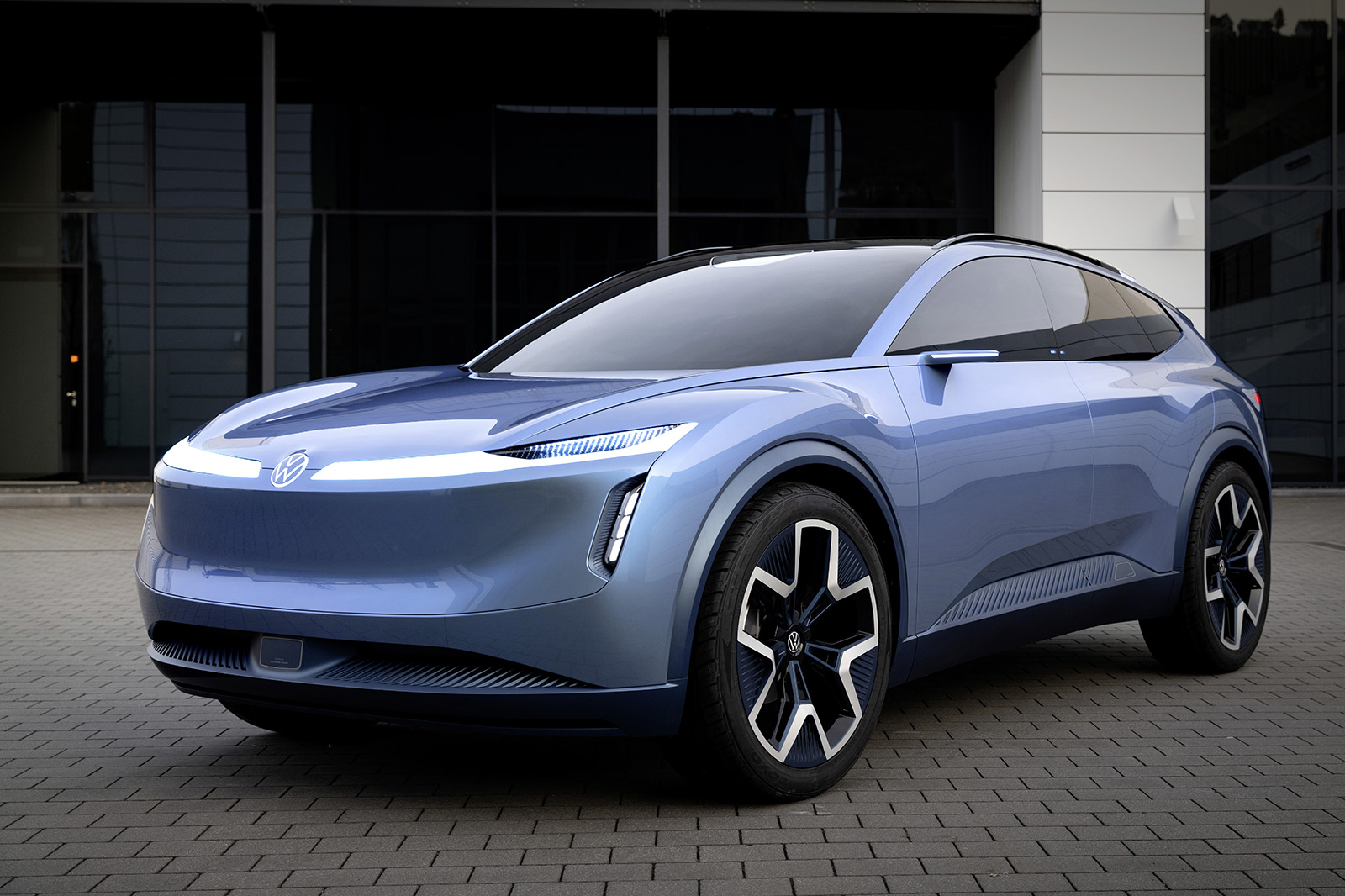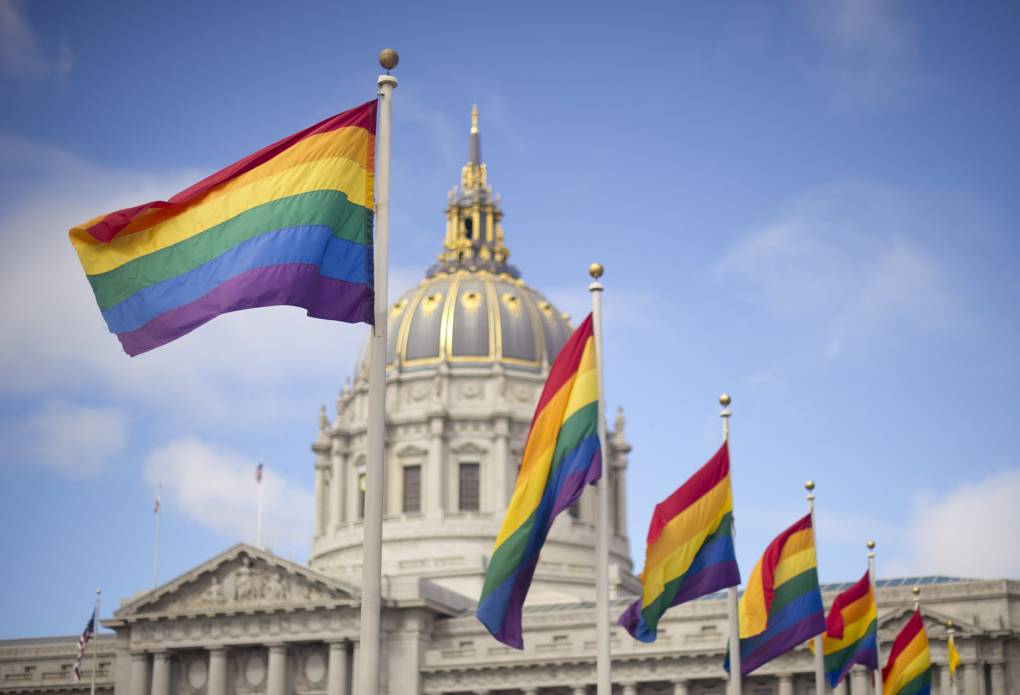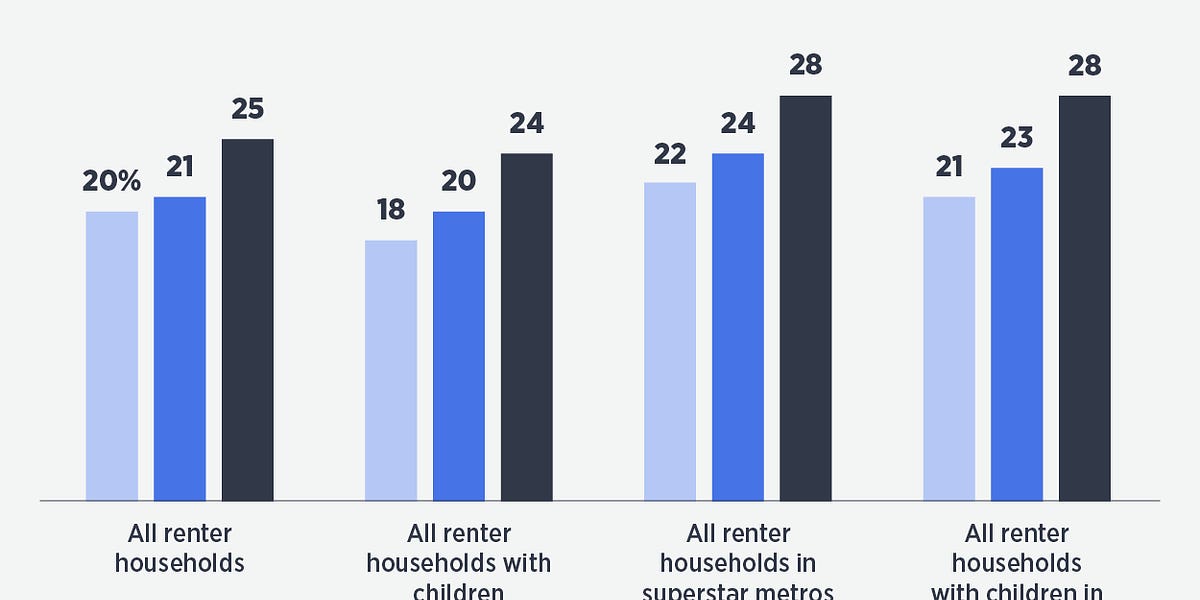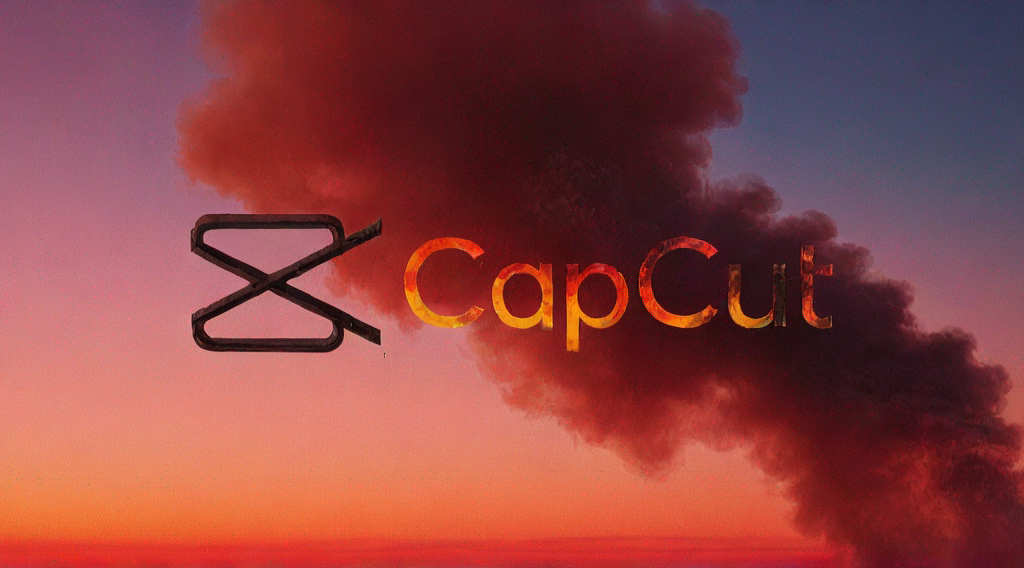Why Nuclear Power, Not Renewables, is the Path to Low-Carbon Energy: Part 1
(This piece is the first part of an edited excerpt from Robert Bryce’s 2020 book, A Question of Power: Electricity and the Wealth of Nations. The second part can be found here.)
S ince the 1970s, the largest non-governmental environmental organizations have been united on one energy issue more than any other: that we should not be using nuclear energy, and that we should be using far more renewables, like wind and solar energy, than we are now.
For instance, Greenpeace argues that renewable energy, “smartly used, can and will meet our demands. No oil spills, no climate change, no radiation danger, no nuclear waste.” A similar all-renewable-no-nuclear vision is being pushed by the Sierra Club, America’s biggest environmental group. The Club has a “beyond oil” campaign, a “beyond coal” campaign, and a “beyond natural gas” campaign. The group says “we have the means to reverse global warming and create a clean, renewable energy future.” Another big environmental group, the Natural Resources Defense Council, also opposes nuclear energy, saying it “should not be a leading strategy for diversifying America’s energy portfolio and reducing carbon pollution.” The NRDC was among the environmental groups who negotiated the early shutdown of California’s last remaining nuclear energy plant, Diablo Canyon, which will be shuttered by 2025.
In 2005, some 300 environmental organizations — including Greenpeace, Sierra Club, and Public Citizen — signed a manifesto which said “we flatly reject the argument that increased investment in nuclear capacity is an acceptable or necessary solution...nuclear power should not be a part of any solution to address global warming.” In 2016, Michael Brune, the executive director of the Sierra Club reaffirmed the club’s position, saying it “remains in firm opposition to dangerous nuclear power.” That’s not a new position. In 1974, Brune’s group said it “opposes the licensing, construction and operation of new nuclear reactors utilizing the fission process.” It went on, saying that it will continue its opposition, pending “development of adequate national and global policies to curb energy over-use and unnecessary economic growth.” The Sierra Club didn’t delete that last part about “unnecessary economic growth” until 2016.
Leave a Comment
Related Posts

Origin Energy slashes value of Australia’s biggest coal-fired plant due to impact of cheap renewables
Comment



